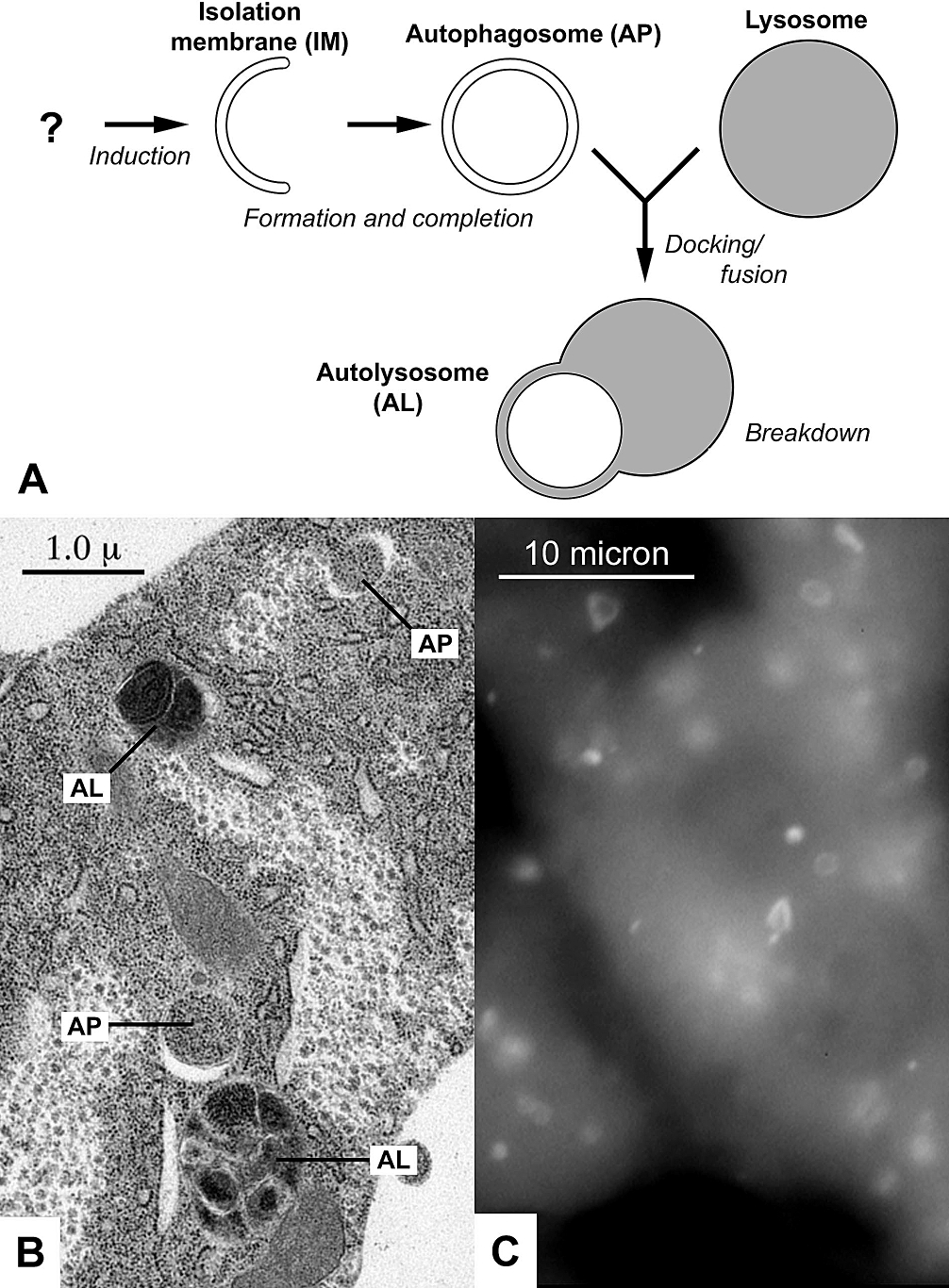WIR: High Blood Glucose and Cancer, DNA Repair Damage, mTOR
Research
Diabetics have a 2.5 fold chance of developing cancers once they’re on the ‘progressive disease train’ of standard diabetes management. I always assumed that it had to do with chronic insulin resistance (the body being blind to the insulin and pumping more and more to shove glucose into cells), or the inflammatory nature of fat (more fat equals more inflammatory cytokines, which keeps the body in a stressed state).
These researchers have discovered a new mechanism, at the DNA level. This makes sense intuitively as cancer is ultimately mutated tissue reproducing out of control. But what’s the mechanism?
“Exposure to high glucose levels leads to both DNA adducts and the suppression of their repair, which in combination could cause genome instability and cancer,” Termini says.
hey wanted to determine the molecular reasons why the adducts weren’t being fixed properly by the cells. They identified two proteins that appear to be involved: the transcription factor HIF1α and the signaling protein mTORC1,
https://www.sciencedaily.com/releases/2019/08/190825075932.htm?fbclid=IwAR3diE_lU-5WifaIuwyzTMElXCx4b4BTiybbjR5Ny8hj1p1vhAJrXHw4oaU
The researchers immediately reach for the pharmaceuticals.
The researchers plan to see if these drugs decrease cancer risk in diabetic animal models, and if so, they will test them in humans. Termini notes that metformin, a common diabetes medication that helps lower blood glucose levels, also stimulates DNA repair. … In the meantime, a more immediate way for diabetics to reduce their cancer risk could be better control of their blood sugar. “That sounds like such an easy solution, but it’s extremely difficult for most people to maintain glycemic control,” Termini says.
But, I offer you a lifestyle intervention that is proven over and over and over again in actual humans and is free.
mTOR and Diabetes Management
If you are familiar with fasting research, you’ll have heard of mTOR signalling. It’s a protein that senses nutrients coming into the body. It is particularly stimulated by ingested proteins. When you eat proteins, mTOR is signaled, and the hormonal cascade of protein synthesis can occur, repairing damaged tissues and bringing the building blocks of tissue to the body. This is a very simplified version.
When we fast (don’t eat for about 17 hours and up), we don’t stimulate mTOR, and our body starts a process called autophagy. Autophagy literally means ‘self eat’. The body, in a scarcity of fresh protein for repairs, actively scavenges sick or malformed cellular components to be recycled to fresh building blocks.
In other words, YOU have the ability to limit mTOR signalling by not eating. I have written about this, and there is no shortage of information from people like Dr. Fung about the benefits of Autophagy for disease mitigation and management.
So if you are diabetic or know someone who is, try to get them to adopt a low carbohydrate diet (low carb, ketogenic, or carnivore), and have them implement one to three 24 hour fasts a week. It doesn’t have to be a progressive disease. It can be halted. So eat Tuesday at lunch, and don’t eat again until Wednesday lunch. This will help them lose weight, stabilize and manage their blood sugars, and up-regulate their autophagy and clean up these broken cellular components.
